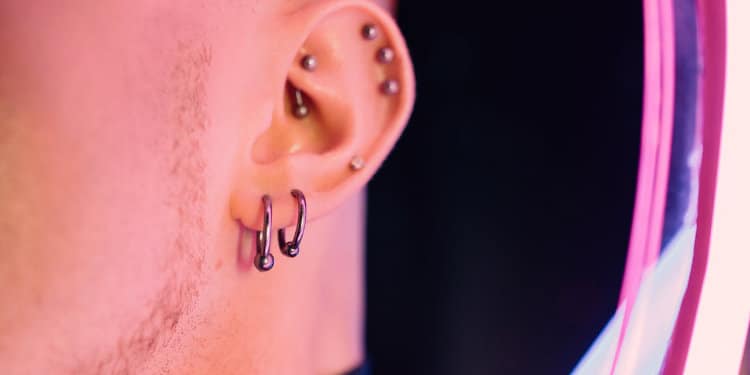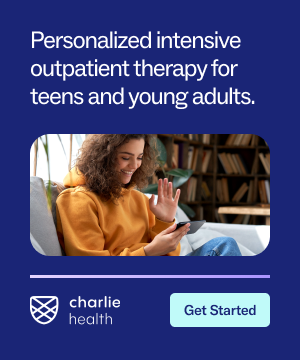










Nomophobia is the term used to describe the panic and stress people experience from losing access to their mobile devices. While it is not officially a mental health condition, studies have shown that for some people the stress they feel when separated from their phones is very real and quite common. Mental health professionals suggest that this issue is becoming an increasingly common phenomenon in both teens and adults. Researchers warn that this phobia is affecting nearly all smartphone users to some extent, with some people exhibiting signs of what may be considered severe nomophobia.

The nature of mobile phones has evolved tremendously. Early on, phones were primarily used to make phone calls. The advancement of mobile technology has contributed to these devices becoming an extension of ourselves. Mobile phones are a gateway into a range of interactions, websites, information, content, and services that were previously not so easily accessible.
The sophistication of phones has contributed to this increased attachment and dependence. Moreover, the customization of content available through technology fosters this increased interaction and sense of dependence. Our phones have become an integrated part of our lives beyond just communicating with people. The infinite resources that are available instantaneously fuel our need to be consistently plugged into our devices.
Researchers propose that the key anxiety-provoking aspect of being without a phone may be related to FOMO (Fear of Missing Out). This is likely to be most common in teens, as so much of their social lives take place through their phones. They can experience persistent concern about what they are missing by not being connected and checking posts. For some, this can cause significant anxiety and even symptoms of panic. In some situations, the mere thought of being without a phone can cause bouts of fear and anxiety.

At best, cellphones are habit-forming, and at worst, highly addictive. Cellphone usage is considered addictive if people experience an extreme compulsion to use and check their phones and experience anxiety when the phone is out of reach. By definition, addictive behaviors disrupt daily functions and are difficult to stop.
There is a huge continuum of cellphone behaviors. Consumer-driven organizations study these behaviors in great depth. They research patterns of behavior in an attempt to increase customer usage and drive new business. This data is used to inform how services and products are marketed. Marketers study the compulsive patterns of cellphone users and find ways to capitalize on these trends.
Given the wide range of uses and needs for these devices in our society, getting rid of our phones is not likely to be considered a viable solution. Experts propose that creating some boundaries on phone usage may reduce the levels of anxiety and stress experienced when separated from our devices. Deliberately designating a specific time each day to put away our phones can help reduce the distress related to this attachment.
Individuals could benefit from continued awareness of these patterns and trends. Being more mindful and intentional about how and when we utilize our phones can reduce the problems that arise. Fostering positive and healthy ways to use this valued resource is necessary.
If one’s nomophobia is so severe that even short breaks from their mobile device can interfere with normal functioning and cause extreme distress, it may be wise to consult with a mental health professional. If they determine that counseling is appropriate, they will most likely recommend either cognitive behavioral therapy or exposure therapy, the more common therapeutic approaches for the treatment of phobias.
Parents can help educate their children about such patterns and find ways to create boundaries and foster moderation around cellphone usage. Through training, education, and awareness, we can slow down this nomophobia epidemic.
Nomophobia does not appear in the DSM-5 and is therefore not officially a mental health condition, it is very prevalent and affects many of us today. We are so reliant on our mobile devices to aid in so many aspects of modern life, and though that can be a good and helpful thing, this reliance has created an intense attachment for some. It is important to actively set aside phone-free time to diminish this addiction and create space for other things in our lives besides our mobile devices.
Sources